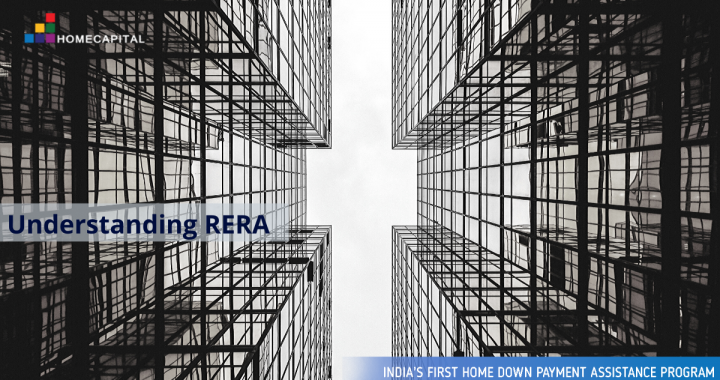
Deal closure
April 23, 2019 . Podcast . 10 min readDoing proper legal due diligence before deal closure forms the most critical aspect of your home buying process as you put your life savings into it. Legal due diligence is a process by which you can minimize the legal risks associated with a real estate transaction. Neglecting anything in this aspect can lead you into unnecessary litigation or property dispute. It might also lead to losing your ownership rights or paying hefty penalties. Real estate transactions are legally sensitive matters. The true value of your real estate transaction or investment is realized only when you take into account the legal risks associated it.
As a responsible home buyer, you should not proceed for home deal closure with the builders/agents without conducting a proper legal due diligence on the property of interest. You will need the help of a lawyer or a legal expert to perform your due diligence. You should ask your lawyer to create the draft agreement between you and the builder.
You need to follow a comprehensive checklist of steps necessary to complete your legal due diligence process before home deal closure is done. First of all, you need to arrange for the chains of deeds/title. You have to make sure that all the historical transfers of the land title are in order and that there is no missing link. Your lawyer will conduct searches in the Registrar Office and courts to be sure about the land. You should establish the successive transfer of land ownership since the past 30 years.
After the chain of deeds, you can check on the Intimation of Disapproval (IOD) certificate. An IOD is an authorization certificate issued by the local municipal body once the builder has obtained all the required No Objection Certificates (NOCs) from various departments and government authorities. There are about 40 IOD conditions to be met. The final approval is to build the Commencement Certificate, which is given when all the NOCs are obtained and IOD conditions are met.
The third document that should be on your checklist of due diligence is the Completion Certificate (CC). CC is a certificate from the municipal body that confirms the completion of the building in accordance with the building standards and originally approved plan. You should ask for the CC from the builder once the deadline for the completion as mentioned in the Sale Agreement is over.
Occupancy Certificate (OC) is a crucial certificate issued by the local municipal bodies once the developer submits all the necessary clearance such as electricity, water, fire, and sewerage. OC is the permission to occupy the building for the purpose of living. You cannot legally occupy your unit for living until and unless the builder has the OC for the same.
Once the building is ready for occupation as notified by the builder, you need to check if you are getting what was promised during the start of the project. You need to ensure that you are getting all the facilities as committed by the builder. If you come across any irregularities with the delivery of the project or with the documentation, you should raise this concern to the builder. If your issues are not solved by the builder, you can approach your Real Estate Regulatory Authority to get a quick solution.
Your checklist before possession should be classified into two categories: Project Delivery and Legal Documentation.
When it comes to Project Delivery, you need to look into various aspects. These factors include final layout, built quality, fittings in the kitchen and bathroom, the quality of paint used, amenities such as swimming pool, gym and park provided as promised, electric connections, common facilities such as lifts, flooring, and drainage. You need to ensure that the final layout is according to what was originally planned in the project brochure. You need to measure all the dimensions of the hall, kitchen, balconies, and bedrooms in order to verify the same. You need to check if the building is built without any cracks on the walls and that the construction is done as per the building standards and safety norms. You need to ensure if the latches and doorknobs are working smoothly and that the door and windows are placed properly as mentioned in the original plan. You need to check if the fittings in the kitchen and bathroom are done properly with respect to quality and brand as mentioned in the sales agreements. You must verify the quality of paint applied on the walls, wooden surfaces, doors, and roofing sheets. It is important for you to assure that the paint used is of a reliable brand and has been applied as per the manufacturer’s recommendations.
There are various documents involved in Legal Documentation. These include Encumbrance Certificate, Khata/Patta (Certificate/Extract), Sale Deed, Allotment Letter, Possession Certificate Copy, Tripartite Agreement, Maintenance Service Agreements, No Dues Certificate and Joint Development Agreement. These documents are of utmost importance to determine the legal authenticity and credibility of the property.



